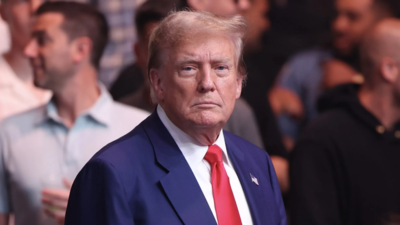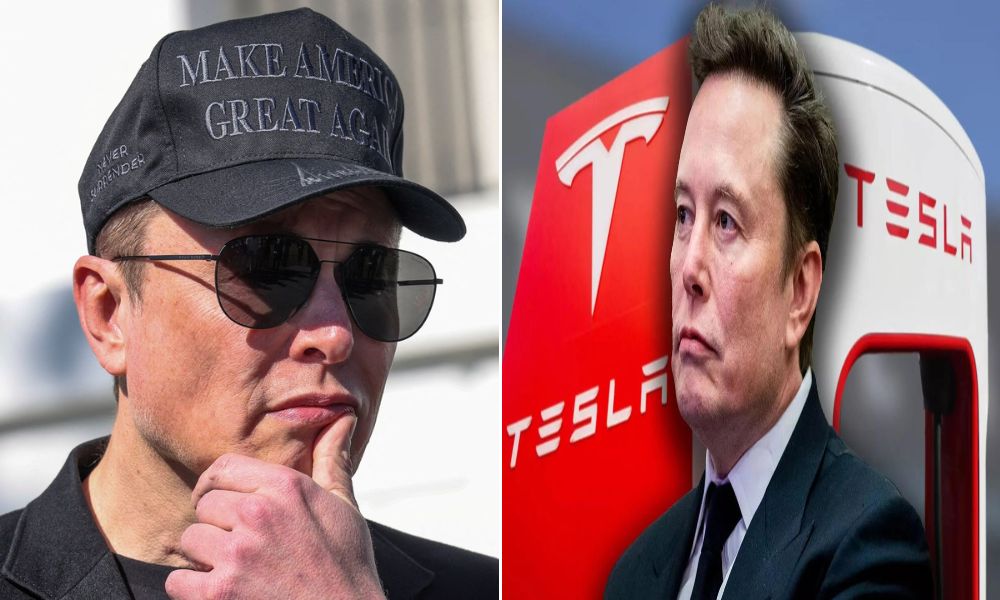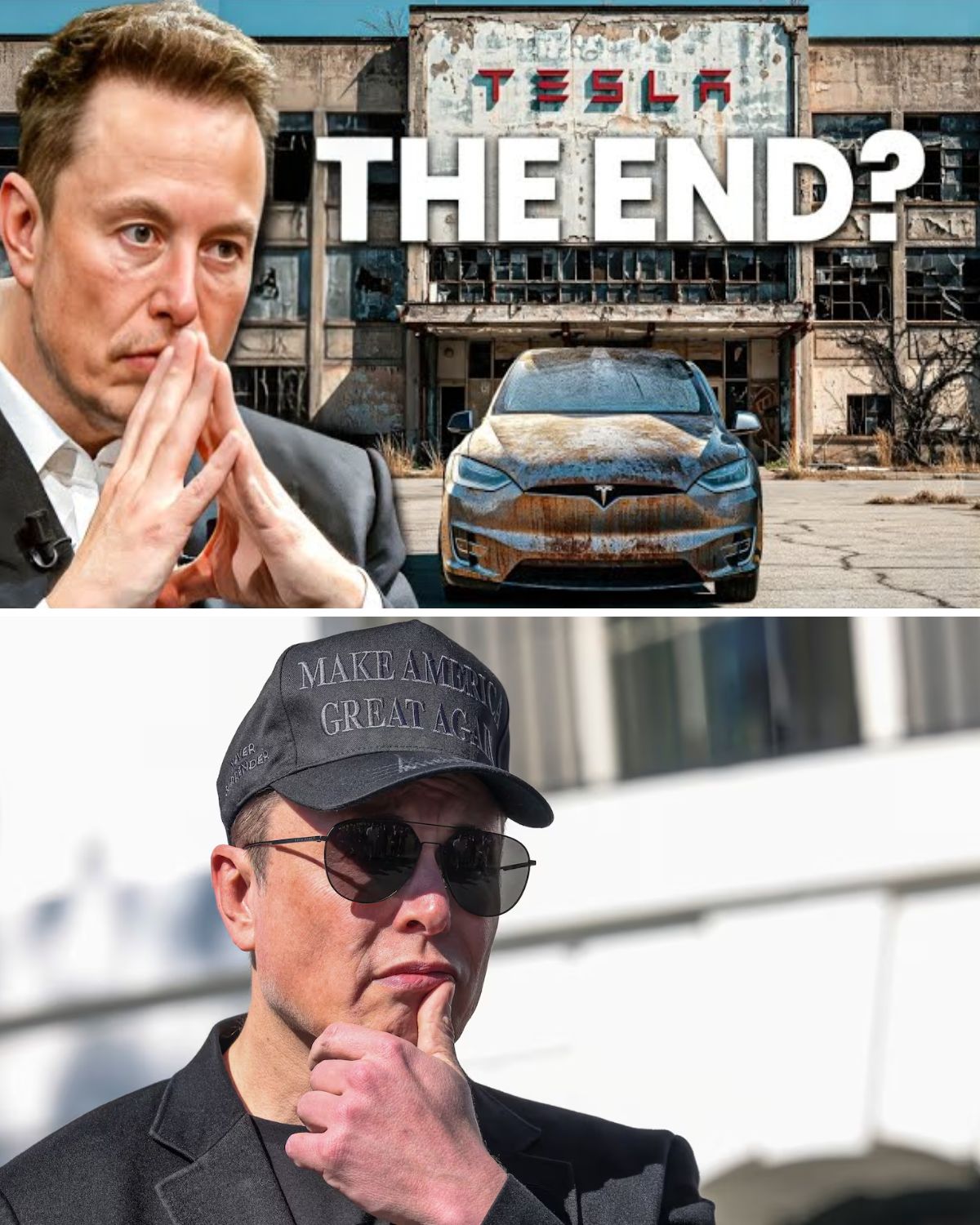President-elect Donald Trump in a Truth Social post on Saturday issued a stern warning to China and its trade allies about their plans to try and displace the United States dollar as the global currency.

“The idea that the BRICS Countries are trying to move away from the Dollar while we stand by and watch is OVER,” he wrote in his post. “We require a commitment from these Countries that they will neither create a new BRICS Currency, nor back any other Currency to replace the mighty U.S. Dollar or, they will face 100% Tariffs, and should expect to say goodbye to selling into the wonderful U.S. Economy.”
The president-elect added: “They can go find another ‘sucker!’ There is no chance that the BRICS will replace the U.S. Dollar in International Trade, and any Country that tries should wave goodbye to America.”
China and Russia formed the BRIC trading bloc (formally) in 2009, along with Brazil and India. One year later, South Africa joined, and the group adopted the name BRICS.
The members voted in 2023 to greatly expand membership, ultimately extending an invitation to Saudi Arabia, Iran, Ethiopia, Egypt, Argentina and the United Arab Emirates (UAE) as the bloc looks to effectively disrupt the global strength of the dollar.
Newsweek has reached out by email on Saturday afternoon to the Trump transition team and the foreign ministries of China, Russia, India, Brazil and South Africa for comment.
Argentina initially accepted the invitation, but after the shock victory of libertarian candidate Javier Milei, the nation’s new government withdrew from the ascension process.
Expanding membership seemingly would serve as the first step towards a major economic break with the West by shifting to a shared currency called the Unit, which would be backed 40 percent by gold and 60 percent by local currencies of BRICS members.
While four countries formed the bloc and have voted in support of each measure of expansion, analysts have noted China’s greater influence on the group’s overall operations. China and India clashed over how the group might expand, with China seeking a rapid expansion while India wanted a slower integration alongside discussions with the G7 reform economic and financial systems.
China ultimately won out, resulting in the vast and sudden expansion of membership and invitations for new members, according to The Atlantic Council.
Trump made clear on Saturday that he views any such movements as hostile and will take economic retaliation if the bloc pursues its goals.

Iran’s inclusion in the plan would indicate another step in the growing cooperation between Tehran, Moscow and Beijing, which has increased in the years following Russia’s invasion of Ukraine that began in February 2022.
China initially backed Russia by agreeing to buy around 100 million tons of coal from Moscow just ahead of the invasion’s start, and China has also bought more Iranian oil—both moves that offset the impact of American sanctions on both of Beijing’s allies.
Fyodor Lukyanov, chair for the Council on Foreign and Defense Policy (Russia) for the Council of Foreign Relations, in 2023 wrote that BRICS appeals to nations in the global south “eager to have different options for building political and economic ties, free of U.S. and EU guidance and mechanisms.”
Trump’s threat against BRICS members may prove effective if, as Lukyanov writes, “not all member states consider their participation in the bloc a priority.”
“However, the general movement toward diversification of the world order and away from any one group’s domination will continue, and the BRICS will play an increasing role in this,” he warned.

Trump campaigned on a promise to introduce heavy tariffs against China until it cracks down on the production of materials used to make fentanyl as well as a possible universal tariff on all imports to the U.S.
China, meanwhile, criticized Trump’s tariff proposal, accusing his administration of unfairly blaming it for America’s opioid crisis in connection with fentanyl flows.
This past week, Trump announced he would institute 25 percent tariffs against Mexico and Canada “until such time as Drugs, in particular Fentanyl, and all Illegal Aliens stop this Invasion of our Country!”
“Both Mexico and Canada have the absolute right and power to easily solve this long simmering problem,” he wrote in a Truth Social post on Monday.
The threat prompted Canadian Prime Minister Justin Trudeau and Mexican President Claudia Sheinbaum to reach out to Trump and hold “friendly and constructive” conversations, with Trudeau even visiting Trump at his Mar-a-Lago residence in Florida on Friday.


